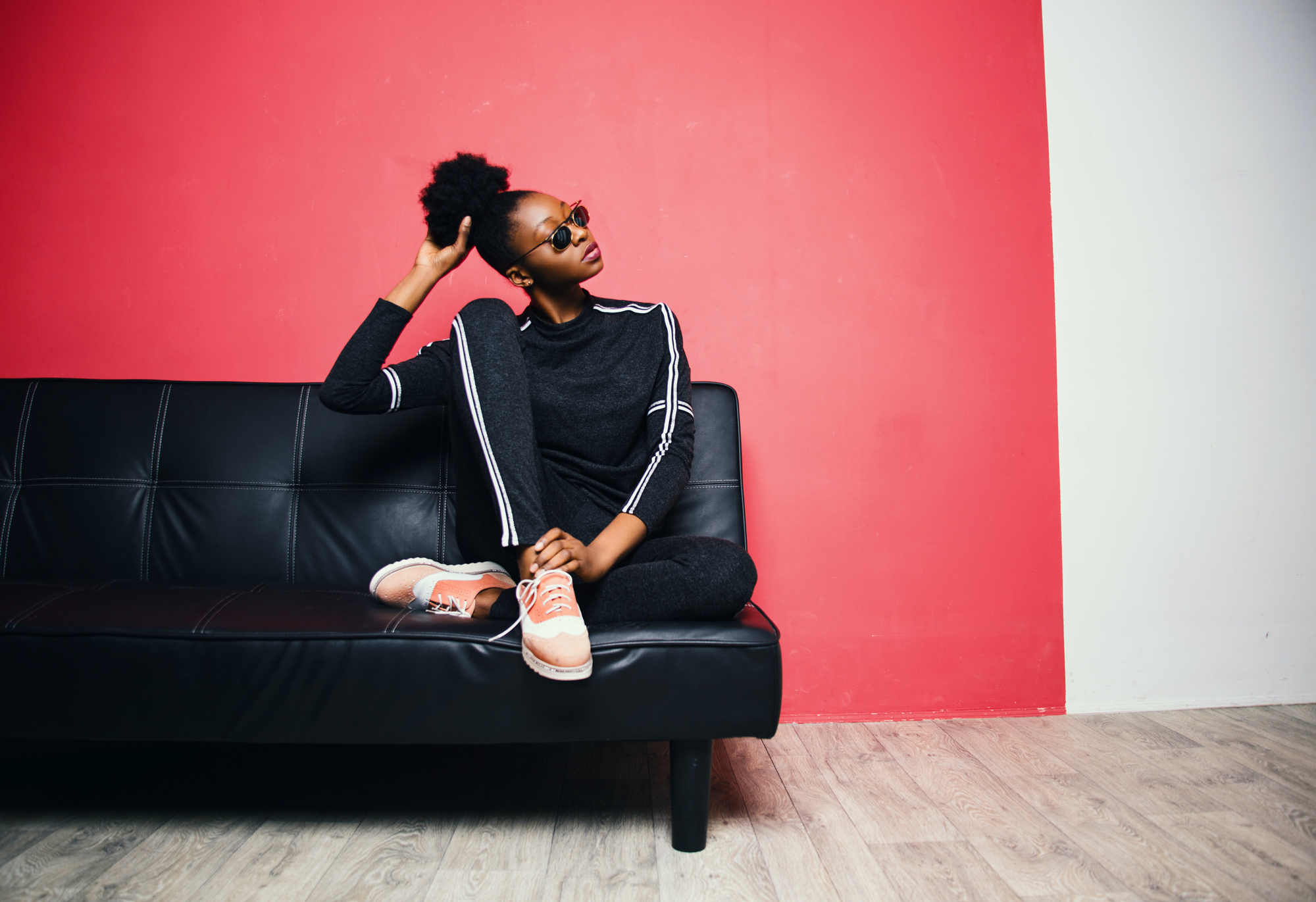There’s something peculiar going on in the streets of Los Angeles, California. There are Black folks and they’re not nodding at each other.
I came across this phenomenon shortly after I arrived in the city a few years ago. As an East Coaster/Southerner, nodding when one comes across another community member is so second nature it’s almost like breathing. But that wasn’t the case in my new home city. Here, it wouldn't be uncommon for a nod to be met with a deadpan stare if any acknowledgment was given at all. One woman I attempted to nod at recently averted her eyes and practically sprinted along the crosswalk to avoid interaction.
Naturally, I was curious if this lack of nodding in the city of Angels was a real thing or if I was just imagining it?
What’s colloquially known as the nod serves a few functions: an act of recognition, a humble admission of respect or to communicate safety. In a roundtable discussion with Milwaukee's WUWM, My Brothers Incorporated founder Anthony Courtney described the nod from a historical standpoint, describing it as a means for those enslaved to communicate prior to times of rebellion. “They wanted to clarify when it was going down, so they would [head nod] and went about they business until they were ready to take care of business," said Courtney.
But the action evolved over time to become a universal signal of recognition that was alarming if not returned. “In most cases, 99% of cases, you got the head nod back. And if you didn’t get the head nod back, you watch this brotha,” Courtney said further.
British journalist Musa Okwonga frames the nod as a way for Black people to recognize each other in spaces that were previously inaccessible.
“For a Black person, there are some areas—bars, nightclubs, boardrooms, sometimes entire countries—where, for primarily economic reasons, you were never expected to reach,” said Okwonga. “Within this context, a Black person who travels within any of those worlds is someone often seen as a success; he or she must have an enterprise about them to be venturing out into such unfamiliar territory.”
Such is the case among the Black demographic in Congress, where according to a 2017 research report, “the nod happened across party lines amongst Black Democrats and Black Republicans, and up and down the occupational ladder between Black service employees, staffers and members of Congress.”
Did any of this play a role in Los Angeles’ nodding culture or the lack thereof?
The second great migration saw the Black population in Los Angeles skyrocket from 63,700 in the 1940s to 763,000 by the 1970s. Prior to that, large groups of Black Americans traveled West to escape racialized terror in cities like Atlanta, Shreveport and New Orleans. Perhaps the Southern sensibilities that communicated safety and togetherness among marginalized populations had served its purpose by the modern age, where police brutality and gang violence had made its way to the forefront of the community's concerns.
The 1965 Watts Rebellion, previously named the Watts Riots, saw tensions peak as a result of dissatisfaction with police brutality and inequitable treatment. Years before, during the industrial boom of World World II, Black street gangs had begun as a means to combat white mobs who sought to destabilize the growing community.
Almost three decades later, the Black Los Angeles community was again thrown into turbulence when white police officers were acquitted after being caught brutally assaulting motorist Rodney King on camera. By that time, gangs had turned away from community protection, especially with the introduction of growing drug wars. In 1991, gang violence had topped an all-time high in L.A. with a number of 700. Though John Singleton’s iconic 1991 film Boyz n the Hood wasn’t a documentary, the subject matter was far from fictional.
Los Angeles native, performer and poet Priestly Temple believes that this could be the root of the non-nod.
“Los Angeles has a history of gang violence and affiliations throughout the city, a nod is considered a greeting and greeting a random man could have put you in a dangerous position,” says Temple, who acknowledges that she’s seen the nod more in other cities she’s visited.
“Also, there’s a level of pretension that’s quite high here.”
Truly, the city's synonymousness with Hollywood glamour doesn’t lend itself to familiarity among strangers. In a city that thrives on entertainment and exclusivity, does anyone have time to indulge in random acts of tribal inclusion? In a place where assimilation is paramount to success, do Black people desire being seen as a member outside of their demographic. After all, notorious and proud Los Angeleno O.J. Simpson would infamously quip, “I’m not Black. I’m O.J.”
Though the verdict is out on the rationale behind non-nodding—or if I’m just delusional—I don’t plan to stop nodding to strangers anytime soon. Maybe if more of us nod, some of us will feel comfortable enough to indulge in the joys of nodding back.

